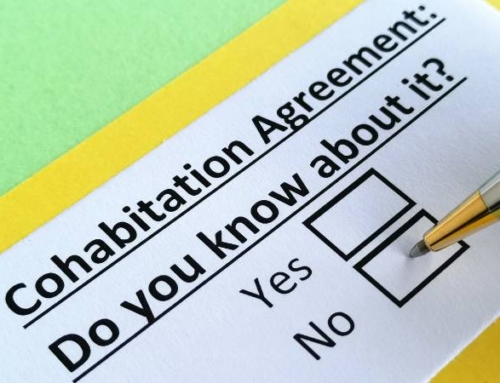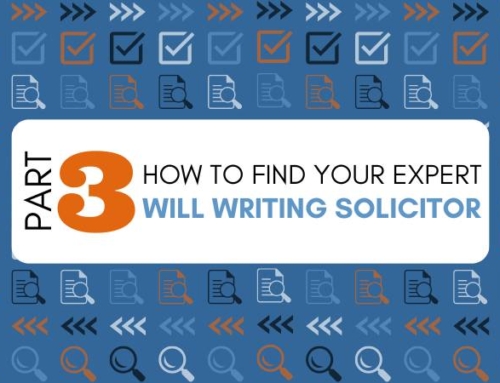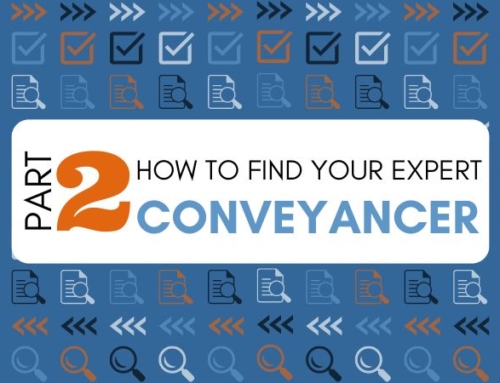If you have employees with disabilities, you have a duty to make reasonable adjustments to allow them to do their job. So how do you decide whether they are disabled or not? While a tribunal may have to make the final decision, you need to be able to prove that you took a reasoned approach when making your own decision.
A good start is to obtain an Occupational Health assessment, but it is important not to rely on this blindly. The courts will expect you to make your own decision, taking account of the evidence. In the case of Gallop vs Newport City Council the tribunal decided that the employer had uncritically “rubber stamped” an unreasoned Occupational Health assessment of no disability and should in fact have made reasonable adjustments.
Contrast this with the recent case of Donelien vs Liberata where the employer took a much more robust approach. They obtained more than one Occupational Health assessment, GP letters and also held return to work interviews with the employee. Together these indicated stress and anxiety falling short of a disability, which the employer then relied on. When it came to subsequent tribunal claims of unfair dismissal and disability discrimination the courts agreed that while Mrs Donelien was actually disabled, the employer couldn’t have been expected to know this and therefore they weren’t at fault when they didn’t make reasonable adjustments.
Advice for making Reasonable Adjustments after an Occupational Health Assessment
If you have an employee who you think may be disabled or who claims that they are, we recommend that you contact a member of our employment law team to discuss the circumstances. We will help you decide what evidence to obtain and assist you with making a decision and planning for the consequences.
The Backhouse Solicitors Team
Tel: 01245 893400
Email: info@backhouse-solicitors.co.uk
Web: www.backhouse-solicitors.co.uk





